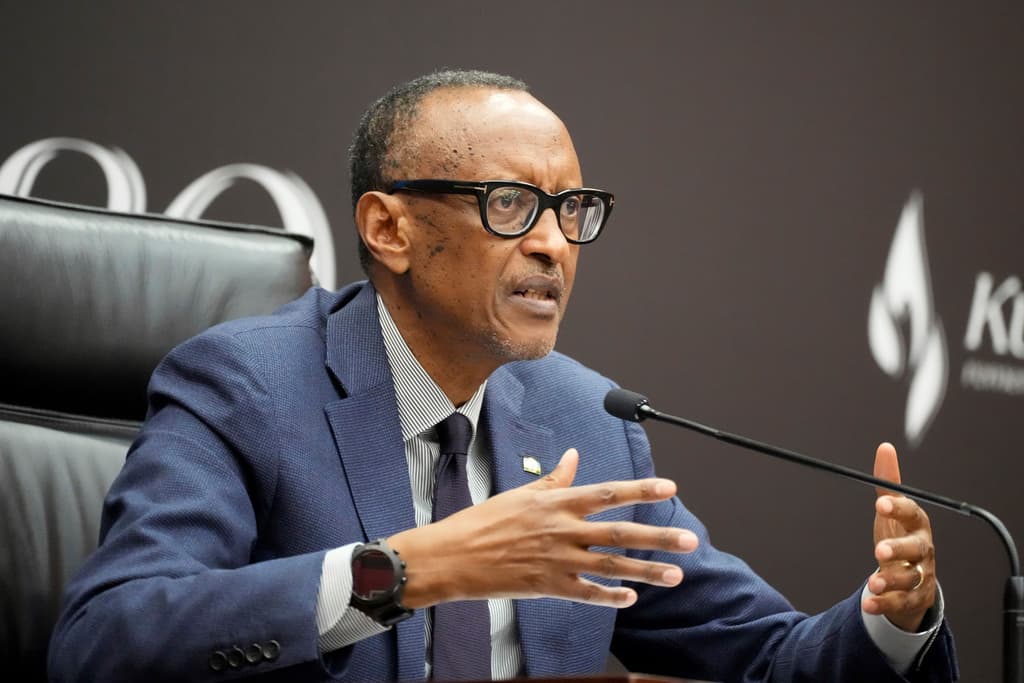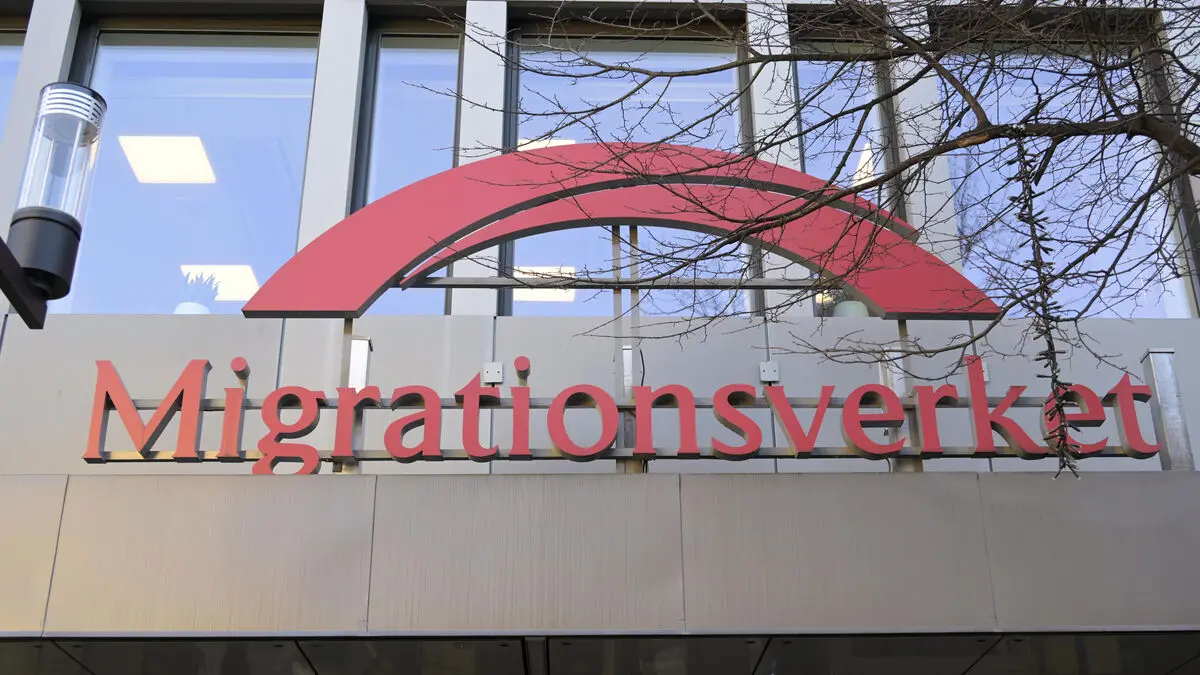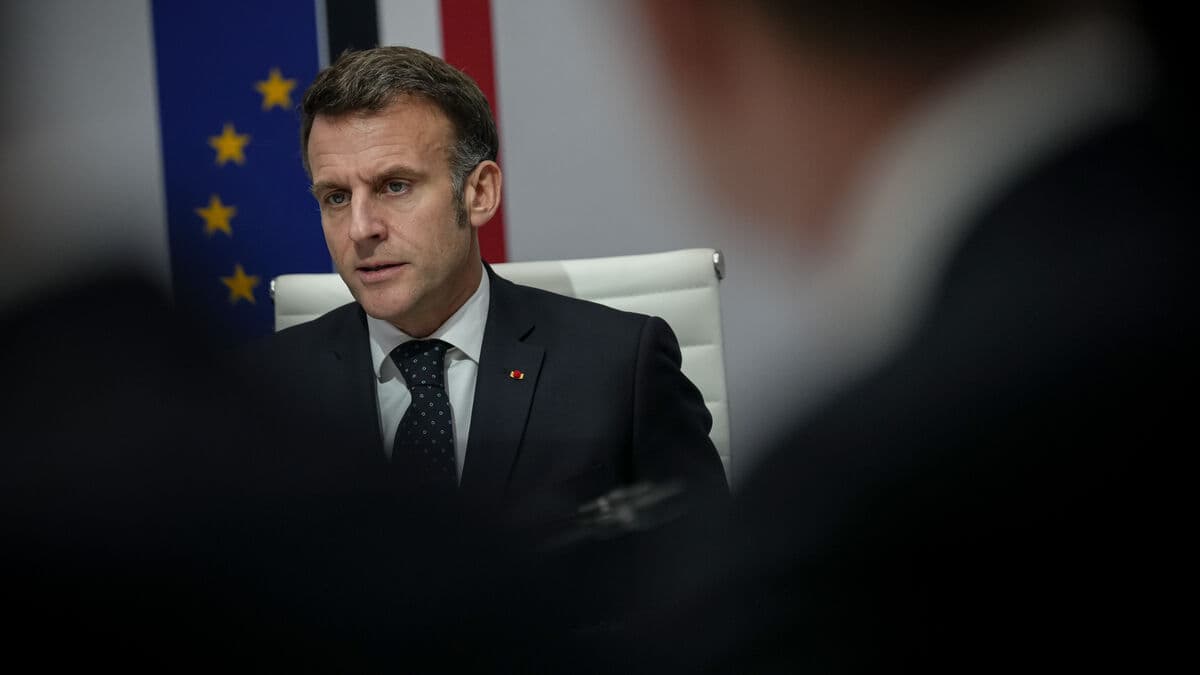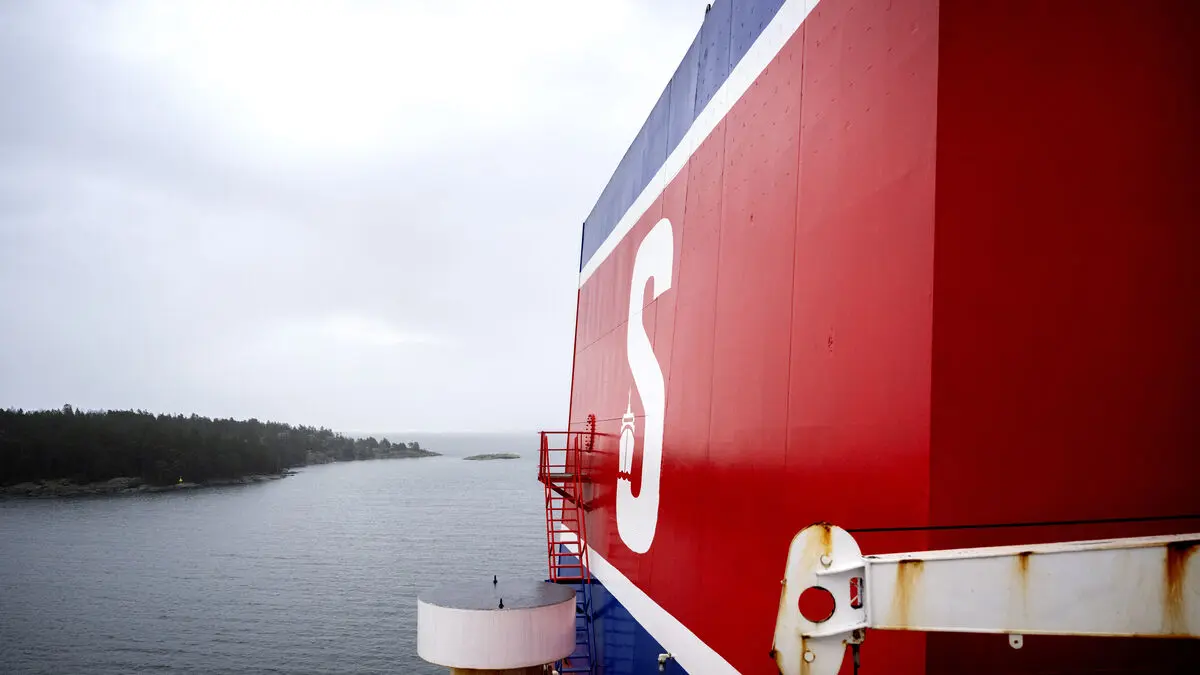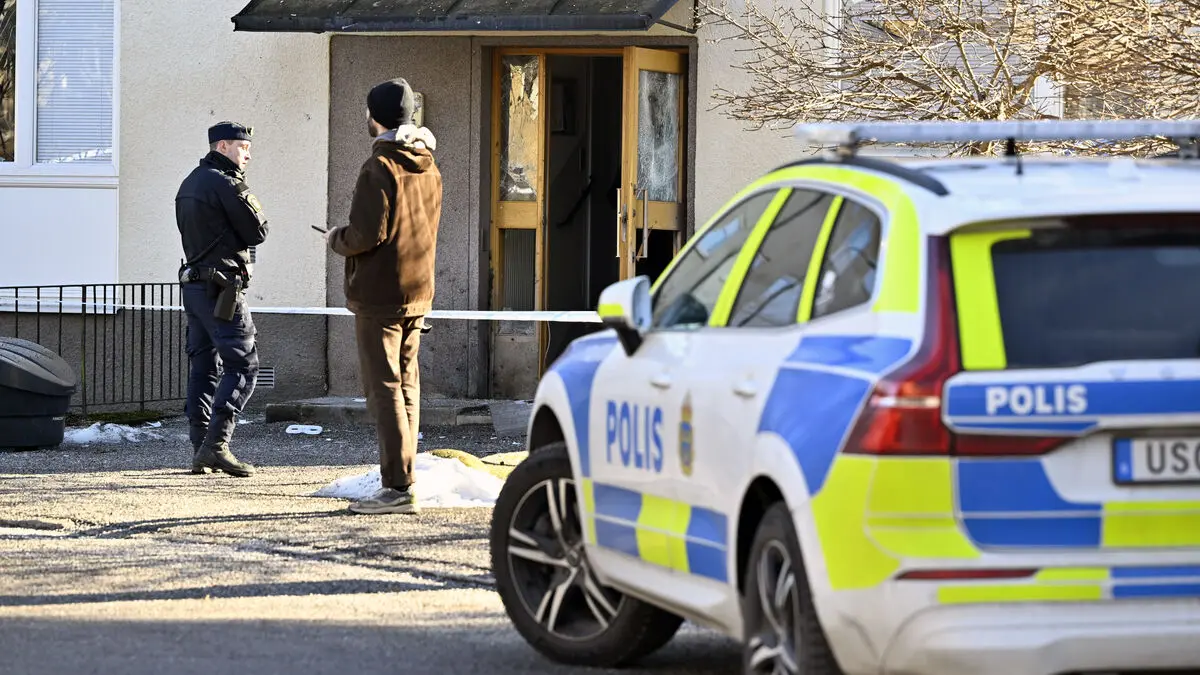Rwanda's President Paul Kagame – who has held power for 30 years – is heading for a fourth term in today's presidential election. At the same time, criticism is growing against the regime's involvement in the conflict in eastern Congo-Kinshasa.
Everything suggests that 66-year-old Kagame will cement his position of power in Rwanda. The latest, strongly disputed presidential election in 2017 resulted in alleged support of 98.8 percent for Kagame, whose party, the Rwandan Patriotic Front (FPR), has dominated politics since the genocide in 1994.
But the situation in the conflict-ridden neighboring country of Congo-Kinshasa is becoming increasingly problematic for Kagame. When the UN's special envoy Bintou Keita visited the region last week, she accused Rwanda of having "strengthened its support" for the Tutsi-led rebel group M23. The group has taken control of large parts of North Kivu Province in eastern Congo and driven hundreds of thousands of people to flee.
According to a UN report obtained by AFP, there is evidence that Rwanda has sent between 3,000 and 4,000 soldiers across the border. The Rwandan army is also accused of recruiting child soldiers.
Tensions traced back to the genocide
Ever since M23 launched its invasion in 2021, rumors of Rwanda's involvement have been circulating. The UN has repeatedly accused the Rwandan army of providing the rebel group with war equipment, which Rwanda denies.
The background to the tensions between the neighboring countries can be traced back to the genocide in 1994 when more than 800,000 people – mostly Tutsis – were killed in just three months. The defeated Hutu militia was forced out by Kagame's Tutsi army, and many of them fled to Congo. Rwanda's government claims that the neighboring country is protecting war criminals by supporting several Hutu-led militia groups in the area.
More than a hundred armed groups are said to be fighting in eastern Congo-Kinshasa, an area rich in natural resources.
"De facto" control over M23
The UN states that Rwanda's government "de facto" has control over M23, which could be grave for President Kagame.
Rwanda's leader has long had good relations with both the US and Europe, but the West has increasingly begun to question Kagame's authoritarian rule. The allegations of what some describe as an "invasion" of eastern Congo-Kinshasa could worsen Rwanda's international relations, according to several analysts.
The EU is financing, among other things, Rwandan forces fighting Islamist jihadists in northern Mozambique. A proposal for further financing has been temporarily stopped due to Rwanda's support for M23, writes Africa Intelligence.

